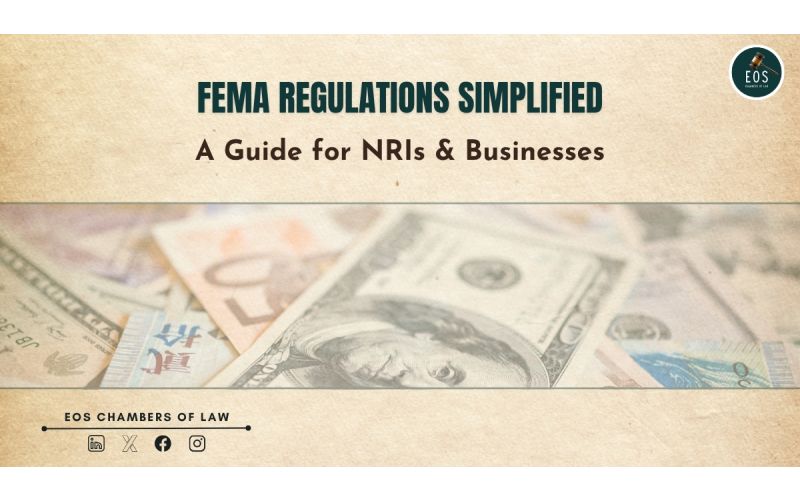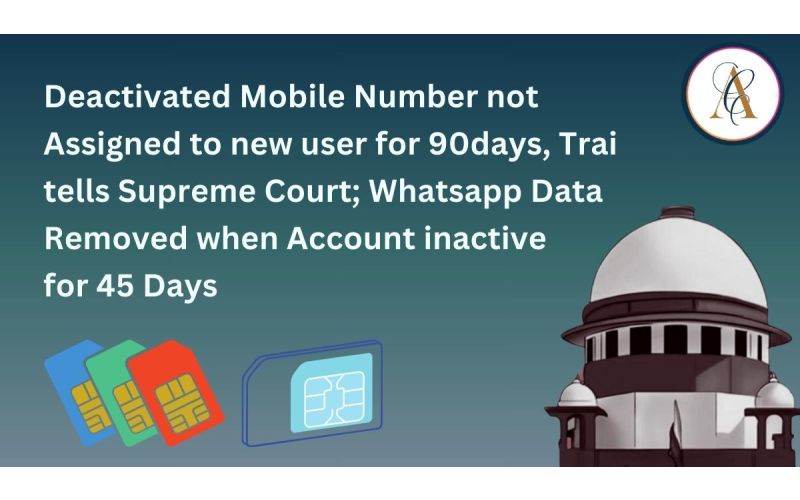Get Online Pass To Enter Supreme Court Premises

Get Online Pass To Enter Supreme Court Premises
The Supreme Court on Thursday launched ‘SuSwagatam’, a new initiative to generate entry passes online to help those who need to visit the court premises for various purposes.
Chief Justice of India (CJI) D Y Chandrachud on Thursday announced the launch of ‘SuSwagatam’, the Supreme Court’s new initiative for generating entry passes online, to help those who need to visit the court premises for official or case-related purposes.
The CJI, who is presiding over a five-judge bench that has been hearing petitions challenging the changes made to Article 370 of the Constitution, made the announcement before the bench started proceedings for the day.
“All passes are generated online. So you will not have to stand in a queue in the mornings,” thereby eliminating the need for physical entry passes, he said. “This is a facility being made available from this morning,” CJI Chandrachud added.
Solicitor General Tushar Mehta said this was a major concern given that every day there is a long line before the counter in the Supreme Court premises issuing physical entry passes.
Agreeing, the CJI said, “Now, one can apply for a pass the previous evening or whenever you want by logging in for that particular day… Somebody who wants to meet somebody in the Registry will also get a pass generated. And the moment the person comes to the security counter, the entire details of the pass are reflected for the CISF personnel who are guarding the establishment.”
“We have called it SuSwagatam… Su stands for Supreme Court,” the CJI pointed out.
CJI Chandrachud then read out a statement on the new scheme. SuSwagatam is a web-based and mobile-friendly application that allows users to register themselves online and request e-passes for various purposes such as attending court hearings, meeting advocates or visiting officers or departments or the press lounge, he said.
“Users can choose from different validity periods such as daily, weekly, monthly or quarterly depending on their needs and police clearance certificates. The portal also provides role-based secure login for different types of users such as advocates, litigants, law clerks, contractual staff, third-party agencies and visitors,” CJI Chandrachud added.
Users can upload their proof of identity and capture their live photos during the registration process. They can also receive broadcast messages for important announcements or special arrangements. The ‘ePasses’ are delivered to users through email and the SuSwagatam portal, the CJI said. Users can scan the QR code at the entry and exit gates of the court premises. The portal also generates statistics on the number of ‘ePasses’ issued and used, he added.
“The SuSwagatam portal was used as a pilot project since July 25, 2023, and has received positive feedback from the users. As of August 9, 2023, more than 10,000 ePasses have been issued through the portal as a pilot,” CJI Chandrachud said, adding that the Supreme Court of India hoped that the portal would enhance the convenience and efficiency of court operations and services.
Post Categories
Featured Posts
Latest Posts
Latest Posts

FEMA Regulations Simplified A Guide for NRIs and Businesses...
FEMA Foreign Exchange Management Act governs cross-border financial transactions in India Whether you rsquo re an NRI or a foreign company understanding FEMA is crucial to ensure compliance Key Areas Covered by FEMA Investment Rules for NRIs amp foreign investors...

No right for queer couples to jointly adopt SC in same-sex marriage verdict...
The CJI said the law didn't preclude unmarried couples from adopting Chief Justice of India DY Chandrachud while announcing his verdict on a clutch of petitions demanding legal status to same-sex marriages today struck down the Central Adoption Resource Authority's...

KnowTheLaw Can NRIs Buy Agricultural Land in India...
No mdash NRIs are not allowed to purchase agricultural land plantation property or farmhouses in India as per RBI guidelines However they can inherit or receive such land as a gift from a resident Indian Important Violating this...

Adolescent Privacy Rights A Critical Issue in India s Evolving Digital Landscape...
The rapid advancement of technology has transformed the lives of adolescents in India providing unprecedented access to information social connectivity and learning tools However this digital revolution has also created a complex challenge mdash safeguarding the privacy of adolescents who...

Deactivated Mobile Number Not Assigned To New User For Days TRAI Tells Supreme Court...
The Telecom Regulatory Authority of India TRAI has told the Supreme Court that once a cellular mobile telephone number is deactivated for non-usage or disconnected on the request of the subscriber it is not allocated to a new subscriber for...

Legal Challenges in Cryptocurrency and Blockchain Exploring the Evolving Legal Landscape...
The rise of cryptocurrencies and blockchain technology has revolutionized the financial world but it has also brought about a series of complex legal challenges As more businesses and individuals adopt digital currencies and decentralized systems governments and regulatory bodies are...

Speak With Our
Get a Appointment
















